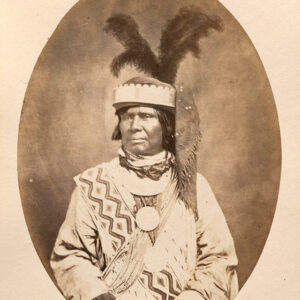 Halpatter-Micco
Halpatter-Micco
Race and Ethnicity: Native American - Starting with H
 Halpatter-Micco
Halpatter-Micco
 Halpatter-Micco
Halpatter-Micco
Honor or memorial gifts are an everlasting way to pay tribute to someone who has touched your life. Give a donation in someone’s name to mark a special occasion, honor a friend or colleague or remember a beloved family member. When a tribute gift is given the honoree will receive a letter acknowledging your generosity and a bookplate will be placed in a book. For more information, contact 501-918-3025 or calsfoundation@cals.org.
The CALS Foundation is a 501(c)(3) organization. Donations made to the CALS Foundation are tax-deductible for United States federal income tax purposes. Read our Privacy Policy.
The first time you log in to our catalog you will need to create an account. Creating an account gives you access to all these features.